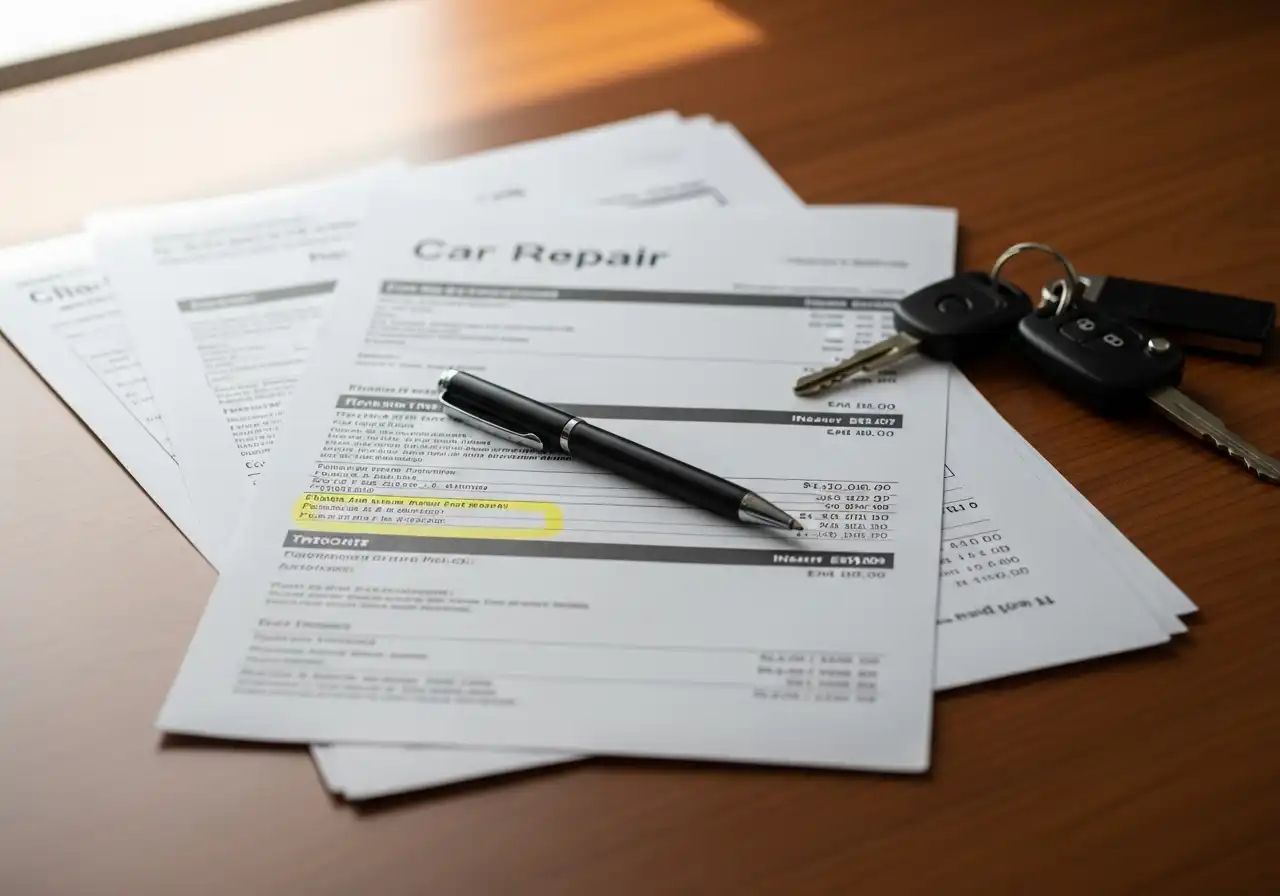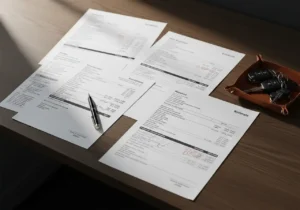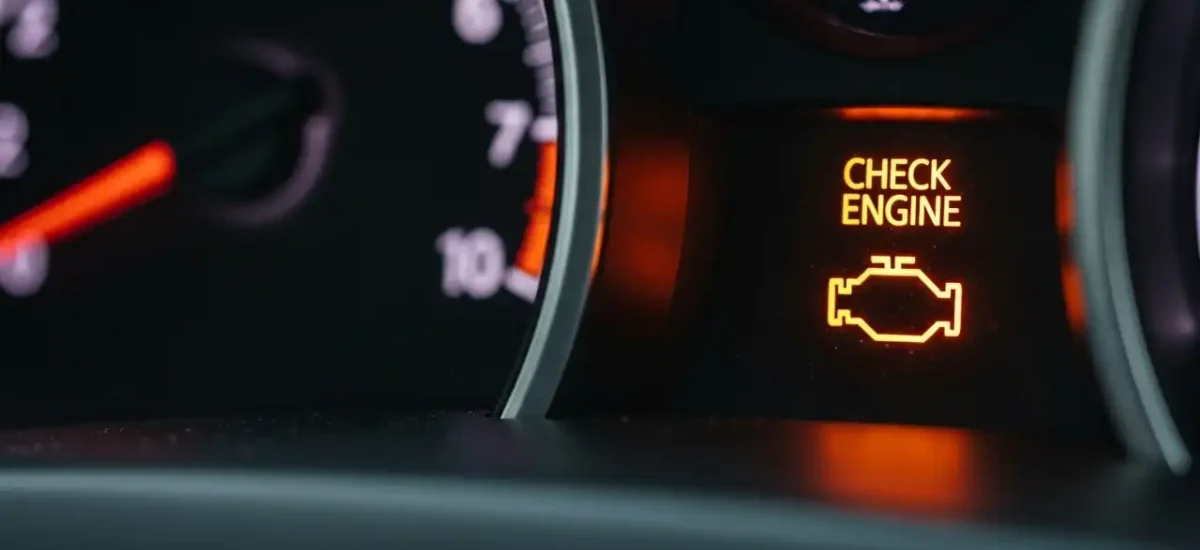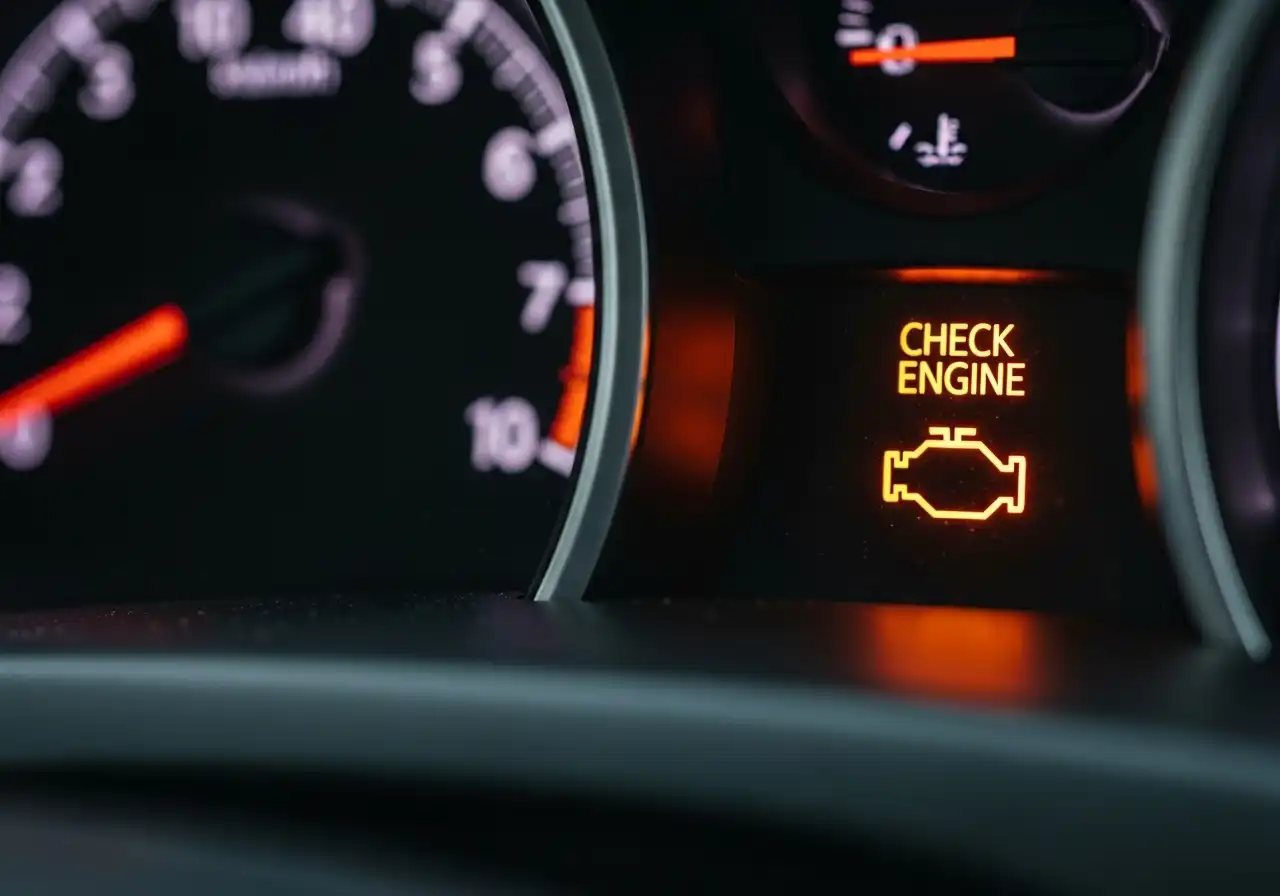What To Do When Your Manufacturer Denies Your Lemon Law Claim
When you buy a car, you expect reliability, performance, and peace of mind. But if your new vehicle turns out to be defective and the manufacturer refuses to repair or replace it, your frustration can quickly turn into a legal battle.
California’s Lemon Law protects consumers, but manufacturers often push back — even when your claim seems solid. Understanding what steps to take after a denial can make all the difference in securing the compensation or replacement you deserve.
This guide explains why manufacturers deny claims, how to challenge their decision, and what legal strategies can strengthen your case under California’s Lemon Law.
1. Understanding Why Your Claim Was Denied
Before reacting to a denial, it’s crucial to understand why the manufacturer rejected your lemon law claim. Denials usually fall into one of these categories:
A. Insufficient Repair Attempts
Manufacturers may argue that your vehicle hasn’t been repaired enough times to qualify as a “lemon.” Under California law, a car generally qualifies if:
- The defect affects the vehicle’s safety, use, or value.
- The manufacturer or dealer has made a reasonable number of repair attempts — typically two or more for serious safety issues or four or more for other recurring problems.
B. Lack of Proper Documentation
If you don’t have detailed records of repair orders, invoices, or communications, the manufacturer may claim there’s no proof of ongoing defects. Proper documentation is key to proving your case.
C. Problem Not Covered Under Warranty
Manufacturers sometimes argue that the issue isn’t covered by the warranty, especially if they classify it as “wear and tear,” user damage, or a non-mechanical defect.
D. Missed Deadlines
You must file your claim within the time limits set by the warranty or the statute of limitations. If too much time passes, even a valid claim can be denied.
E. Repairs by Unauthorized Shops
Repairs done outside of authorized dealerships may lead the manufacturer to dispute your claim. They may argue the work was done improperly or that it voided the warranty.
Understanding the specific reason behind your denial helps you identify the best strategy for moving forward.
2. Request Written Explanation of Denial
Once you receive a denial — verbal or written — always ask for an official explanation in writing.
This serves two purposes:
- It clarifies the manufacturer’s position.
- It gives you a paper trail that can strengthen your appeal.
Ask for details such as:
- The date the claim was reviewed.
- The representative’s name or department handling the case.
- Specific reasons for the denial (e.g., “not enough repair attempts” or “defect not verified”).
Keep all correspondence organized in a file or digital folder. You may need this documentation if your case proceeds to arbitration or court.

3. Review Your Warranty and Repair Records
Before filing an appeal, gather and review every piece of paperwork related to your vehicle:
- Sales contract and warranty booklet.
- All repair orders and invoices.
- Tow receipts or rental car records (if applicable).
- Emails or texts with dealership representatives.
Cross-check whether the defect appeared during the warranty period and if the repairs were performed by authorized technicians. Sometimes, the issue lies not in your claim’s validity but in missing or incomplete documentation.
4. Contact the Manufacturer’s Customer Service or Arbitration Program
Most major automakers have internal arbitration programs. These programs provide a way to resolve disputes without going to court.
Here’s what to do:
- Locate the arbitration process details in your warranty booklet or the manufacturer’s website.
- File a formal complaint through the provided form or contact number.
- Submit supporting evidence — repair orders, photos, and written communication.
Arbitration panels can sometimes overturn a denial, but it’s important to remember that the process often favors manufacturers. If you feel the arbitration isn’t fair, you can still pursue a civil claim afterward.
For example, you can check the Better Business Bureau AUTO LINE — an approved dispute resolution program for many car brands.
5. Strengthen Your Case with Additional Documentation
If the manufacturer disputes your claim, you may need to reinforce your evidence. Here’s how:
- Take detailed photos or videos of recurring defects (e.g., dashboard warnings, stalling).
- Get a second opinion from another authorized dealership.
- Keep a repair diary noting every visit, conversation, and symptom.
- Gather witness statements from mechanics or passengers who experienced the defect.
A strong paper trail demonstrates that your vehicle consistently failed to meet performance or safety standards despite repeated repair efforts.
6. Avoid Making Common Mistakes After a Denial
After a denial, many consumers unintentionally weaken their case. Avoid these pitfalls:
- Do not trade in or sell the vehicle. Doing so may void your lemon law rights.
- Do not stop making loan payments. Continue paying while your case is pending to avoid credit damage.
- Do not attempt self-repair. Any unauthorized modification may allow the manufacturer to claim you caused the issue.
Always consult with a lemon law attorney before taking any action involving your vehicle.

7. File a Civil Lemon Law Claim
If the manufacturer refuses to reconsider your claim after arbitration or internal review, the next step is to file a civil claim under the California Lemon Law (Song-Beverly Consumer Warranty Act).
To qualify, your car must:
- Have been purchased or leased in California.
- Have been primarily used for personal, family, or household purposes.
- Have had repeated repair attempts for the same defect within the warranty period.
- Continue to exhibit the defect after those repairs.
A successful lemon law claim can entitle you to:
- A replacement vehicle of similar value.
- A refund of your purchase price (minus reasonable use deductions).
- Reimbursement for incidental expenses like towing or rental cars.
- Attorney’s fees covered by the manufacturer.
8. How a Lemon Law Attorney Can Help
While you can technically pursue a claim alone, manufacturers often rely on technical loopholes and procedural delays. A lemon law attorney can:
- Review your case and identify weaknesses in the manufacturer’s reasoning.
- Communicate directly with the manufacturer’s legal team.
- Handle the paperwork and negotiation process.
- Represent you in arbitration or court.
Since most lemon law lawyers work on a contingency basis, you don’t pay upfront fees. The manufacturer pays legal costs if your case succeeds.

9. Gathering Evidence to Strengthen Legal Action
When you prepare for a lawsuit, evidence becomes your foundation. Gather:
- Repair Orders: Every visit to the dealership counts as a documented attempt.
- Service Notes: These show what issues were reported and whether repairs were attempted.
- Communication Records: Emails or calls with manufacturer representatives can reveal delays or negligence.
- Expert Reports: Mechanics or third-party specialists can provide technical validation of defects.
Your attorney can help organize this evidence to demonstrate that the manufacturer failed to meet its warranty obligations.
10. Dealing with “Goodwill” Offers
Manufacturers sometimes offer partial settlements, like free repairs, extended warranties, or trade-in credits, after a denial. While these offers may seem attractive, they often come with hidden conditions — such as waiving your right to sue.
Always have your attorney review any goodwill offer before signing.
Sometimes, pursuing a full lemon law claim results in much better compensation than accepting a quick settlement.
11. Common Tactics Manufacturers Use to Deny Claims
Understanding manufacturer tactics can help you anticipate and counter them:
- “No Defect Found” Claims: Dealers may report that they couldn’t replicate the issue, even if it persists.
- Blaming Driver Behavior: Manufacturers may say the issue results from misuse or poor maintenance.
- Delaying Repairs: Some dealerships schedule service appointments far apart to avoid reaching the “reasonable number of attempts.”
- Encouraging Arbitration Only: They may pressure you into arbitration, where their interests are better represented.
Knowing these tactics empowers you to stay firm and rely on your documentation rather than verbal assurances.
12. Time Limits for Filing a Lemon Law Claim
In California, the statute of limitations for lemon law claims is four years from the date you first discovered the defect.
However, filing sooner is better. The longer you wait, the harder it becomes to:
- Locate complete records.
- Prove that the defect persisted over time.
- Track down witnesses or dealership employees who handled the repairs.
Prompt action increases your chances of a successful outcome.
13. What to Expect During a Lemon Law Lawsuit
A lemon law lawsuit typically follows these stages:
- Filing the Complaint: Your attorney files the lawsuit against the manufacturer.
- Discovery Phase: Both sides exchange documents, repair records, and expert reports.
- Negotiation or Mediation: Most cases settle before reaching trial.
- Trial (if necessary): If no agreement is reached, the case goes before a judge or jury.
Many manufacturers prefer to settle because litigation costs can exceed the refund value of your vehicle.
14. How Long the Process Takes
Each case is unique, but most lemon law cases in California take 3 to 6 months to resolve through settlement.
If the case goes to trial, it can take a year or longer. Having a lawyer with a clear strategy can expedite negotiations.
15. Preventing Future Lemon Law Issues
While not all vehicle defects are preventable, you can minimize future disputes by:
- Keeping all repair paperwork from day one.
- Reporting problems immediately after they appear.
- Following the maintenance schedule in your owner’s manual.
- Avoiding unauthorized modifications or aftermarket parts.
Documentation is your best defense against future claim denials.
16. When to Escalate Your Case
If months have passed with no resolution, or if the manufacturer ignores your appeals, escalate your complaint to:
- California Department of Consumer Affairs – https://www.dca.ca.gov
- California Attorney General’s Office – which handles consumer fraud and warranty disputes.
These agencies can’t represent you legally but may investigate systemic issues with certain manufacturers.
17. Real-World Example of a Lemon Law Denial Case
Consider a driver who purchased a new SUV with persistent transmission problems. After four repair attempts, the dealer claimed “no defect found.”
The manufacturer denied the claim, citing “driver misuse.”
However, the owner documented every repair, including test-drive reports showing the issue.
With an attorney’s help, the case went to court, and the manufacturer agreed to a full refund plus attorney’s fees.
The lesson? Strong documentation and legal support can turn an initial denial into a full recovery.



